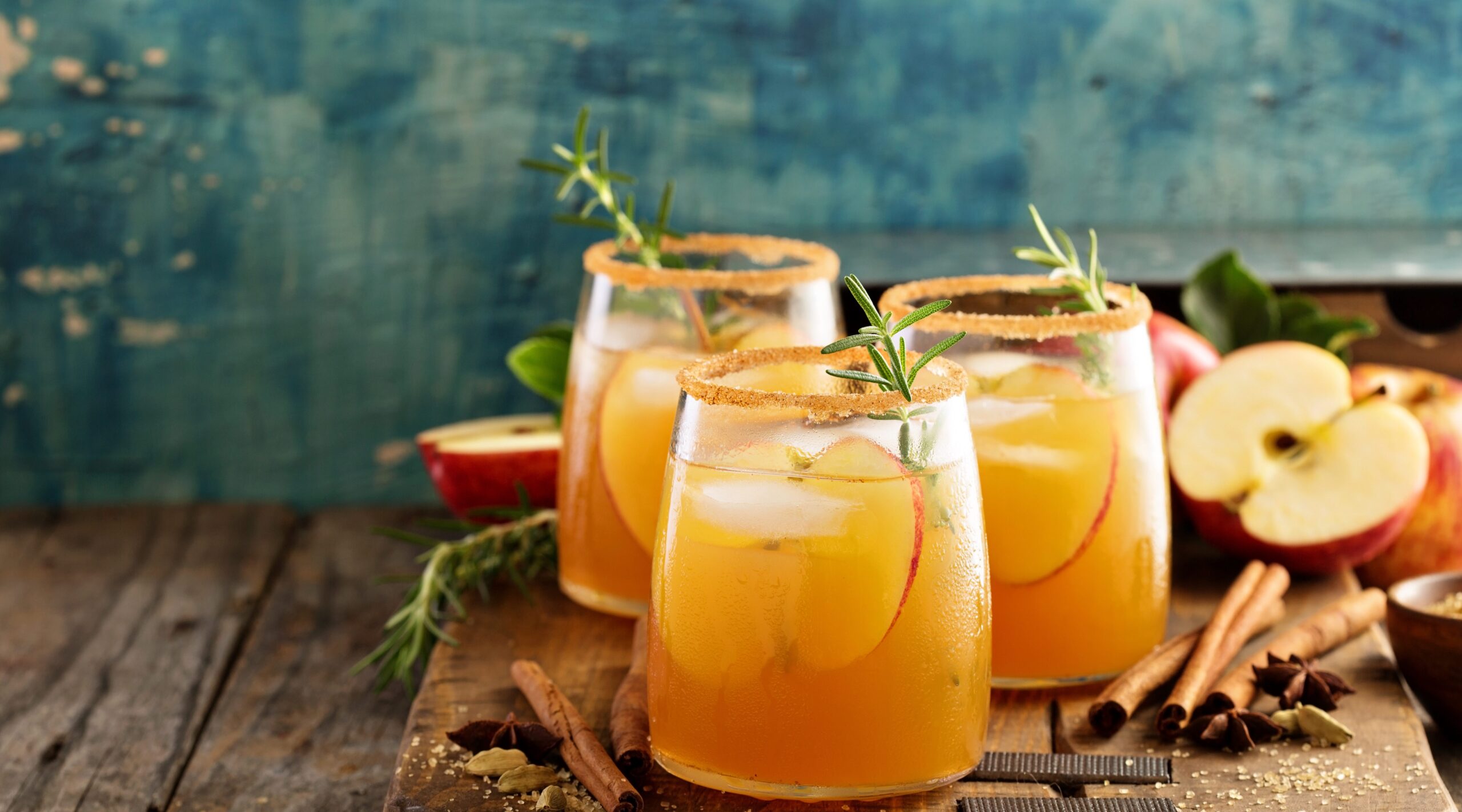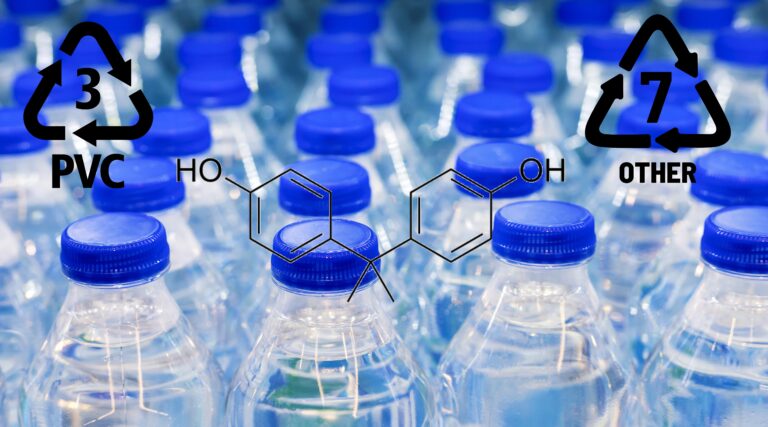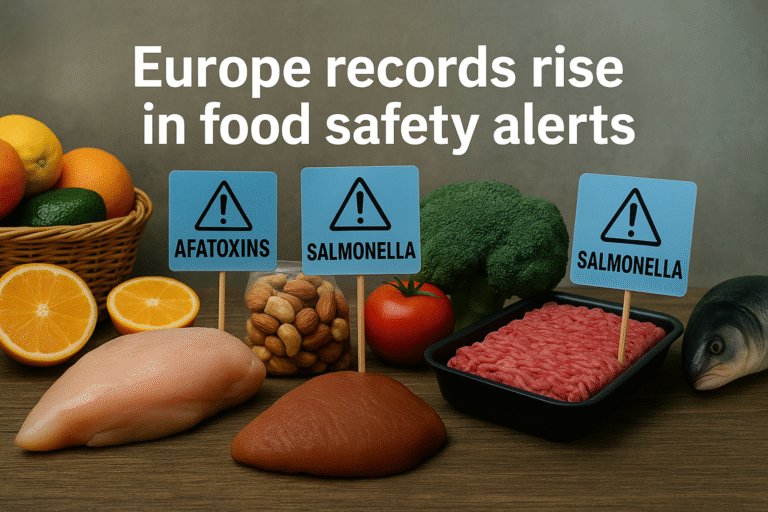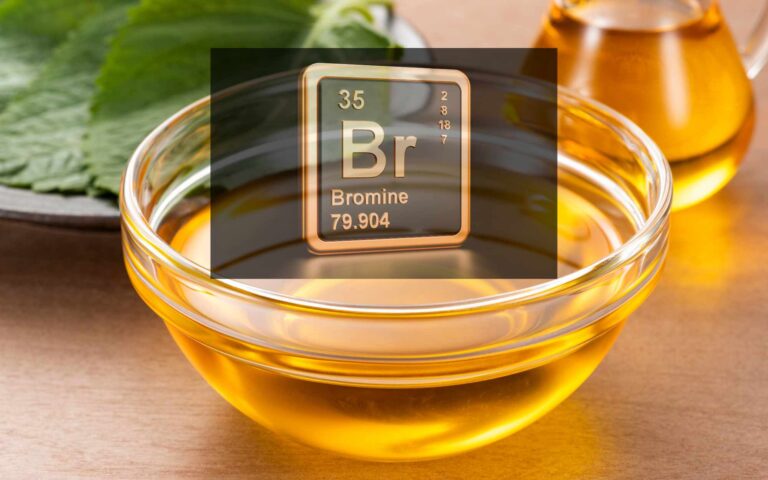As the crisp autumn air rolls in and apple-picking season begins, health departments across the United States are urging consumers to be mindful when sipping on one of fall’s favorite beverages – apple cider. While this seasonal staple brings nostalgic feeling, not all apple cider is equally safe to be consumed. One small but important information could help you avoid food poisoning.
Many people are unaware that unpasteurized apple cider can carry serious health risks, especially for young children, pregnant women, older adults, and those with compromised immune systems. The U.S. Food and Drug Administration (FDA) has been issuing seasonal advisories, warning about the potential dangers of untreated juices that may contain harmful bacteria.
The Hidden Dangers of Unpasteurized Cider
Unpasteurized apple cider has been tied to several food borne illness outbreaks in recent years. Take, for example, the 2017 case where seven individuals in Northern California fell ill after drinking cider contaminated with E. coli. Similar outbreaks have occurred, proving that untreated juices can harbor pathogenic bacteria like E. coli, Salmonella, and parasites such as Cryptosporidium.
This is where pasteurization steps in. The process uses heat or ultraviolet light to eliminate harmful bacteria, ensuring that fresh apple cider is safe for everyone. Without it, cider made from fresh apples could carry bacteria from the orchard right into your glass—especially if the apples are damaged or improperly cleaned.
Symptoms of foodborne illness from unpasteurized juice can include vomiting, diarrhea, fever, and body aches, often appearing within a few days. In more severe cases, especially for vulnerable groups, these illnesses can lead to serious complications or even be life-threatening.
Spotting Safe Apple Cider
Thankfully, most apple cider sold in grocery stores is pasteurized, making it safe for everyone. However, untreated cider is more likely to appear at farmers’ markets, local orchards, health food stores, and cider mills. These products are often found in the refrigerated section and may not always carry a pasteurization label.
The FDA mandates a warning label on unpasteurized juices sold in packaging – “WARNING: This product has not been pasteurized and may contain harmful bacteria that can cause serious illness.” However, vendors selling cider by the glass at places like farmers’ markets may not be required to label it, so it’s wise to ask if the cider has been pasteurized before buying.
Making Cider Safely at Home
For those who love the idea of making their own cider after a day of apple picking, it’s essential to follow strict safety measures. Always wash your hands thoroughly before handling apples, and ensure the fruit is rinsed well under running water before juicing. Avoid using any damaged or bruised apples, as they are more likely to harbor bacteria.
If serving cider to pregnant women, children, or anyone with a weakened immune system, it’s safest to use pasteurized apples or heat the cider yourself to kill any harmful bacteria.
Raising Awareness This Fall
Health departments, such as Illinois’ Ogle County Health Department, are doubling down on warnings as fall begins. They remind the public that while unpasteurized apple cider may be marketed as a more natural or traditional option, the risks far outweigh the benefits, particularly for at-risk individuals.
As you dive into the season’s festivities and indulge in fall flavors, remember to take a quick glance at the label or ask your vendor about pasteurization. This small precaution can help protect you and your loved ones from potentially serious foodborne illnesses, so you can enjoy your fall treats worry-free.
Source: FSN
Reach out to Fresh Group Food Safety And Quality Consulting for any inquiries related to food quality and safety.




